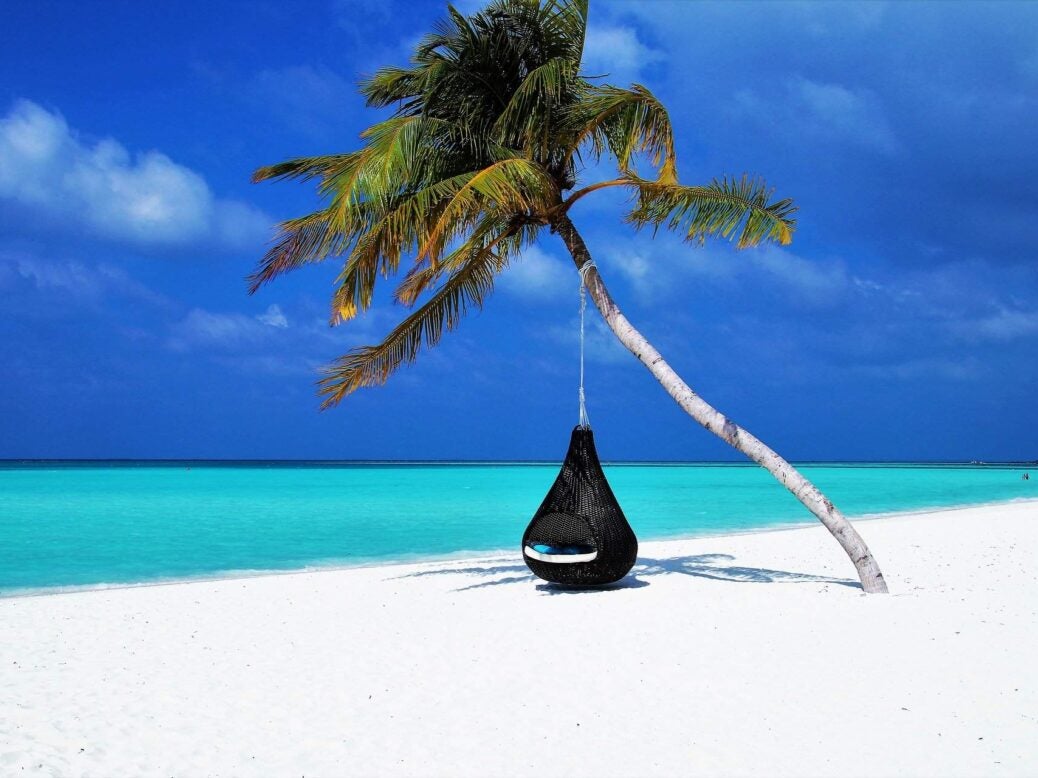
Of all the industries engaged in attracting the purse-strings of the extremely well-heeled, it has to be the travel industry that faces the most challenges in these eco-conscious times, writes Lucia van der Post
After all, it is mostly predicated on persuading people to fly thousands of miles emitting tonnes of carbon as they go, before they are able to embrace them with their particular form of luxury. Given the growing strength of feeling about the perils facing our planet, those of us who are still susceptible to the lures of foreign travel need to think more deeply about what can be done to mitigate the damage.
At first sight it might be thought most helpful to stay at home and give up on African safaris, Asian beachside resorts and other alluring experiences. But in many countries, particularly some of the poorest, the economic wellbeing of the country and therefore of many of its inhabitants is intimately dependent on the tourist industry.
Take the thousands of safari lodges dotted through Africa. It is because wilderness areas and their wildlife can attract high-rolling punters and their millions of dollars that these areas are protected and thousands of jobs are generated. Round the lodges the operating companies build schools and hospitals; if the tourists stopped coming, all that would have to stop. The argument for preserving wilderness areas would falter, unemployment and poverty would lead to the poaching of wildlife, and crime would soar.
In Asia, I remember visiting an Alila hotel in Bali whose arrival had totally changed – for the better – the lives of the villagers. Now there were jobs, and the male population who used to have to find work abroad could stay at home and earn a living. In the Maldives, too, the profusion of resorts has created jobs where there were almost none, and almost all resorts are making huge efforts to rehabilitate the coral reef after it was damaged by El Niño, to educate travellers about the ocean and how best to help it.
Partly it’s out of self-interest – tourists won’t come if there are no fish in the sea and the coral reefs are destroyed – but it’s also inspired by a sense of social responsibility and moral rectitude. The big travel companies are also finding ways to do their bit.
Scott Dunn, for instance, has partnered with Climate Care, a carbon off-setter, and is encouraging the operators it works with to ban single-use plastic. 62° Nord, which offers personalised adventures on the north-west coast of Norway, has decreed that by 2026 all transport on fjords has to be zero-emissions.
To this end, owners Knut and Line Flakk have devised a plan to create a hydrogen hub that will produce green hydrogen to run the boats. Resorts are growing their own food or buy ing locally: fish from the nearby sea, meat and vegetables from local farms. Singita, a safari company with lodges around southern Africa, says it buys 80 per cent of its fresh produce from a local independent co-operative.
No longer do architects specify marble from Italy, fancy fabrics from France, teak from exotic forests – these days it’s all about using indigenous materials, which not only saves on carbon emissions but also gives the buildings a much more rooted sense of place. Local staff have a connection to the place, to the food, to the culture, to the world outside the hotel. And for those who stay in these hotels, it makes for a more meaningful experience than being cocooned in an ocean of bland, international perfection.
Renewable energy is something almost all resorts are taking very seriously. Half of Singita’s lodges are solar-powered and that proportion is increasing all the time, and Singita is installing other energy-efficient systems and plans to be running 100 per cent electric game viewing vehicles as soon as they’re commercially available. At Xigera, a new lodge being built in Botswana and due to open in June, 95 per cent of energy needs will be provided by a solar hybrid power system powered by a 400kW Tesla plant.
This will save the lodge an estimated 175,000 litres of diesel, and the environment 500 tons of carbon emissions, each year. They’re installing the largest solar farm in the Okavango delta so that they can charge their game-drive vehicles using solar technology. Hot water will be provided with thermodynamic geysers. So nobody can accuse the luxury travel industry of not trying to address the challenges it faces – but we are all still left with the inescapable fact that getting to many high-end resorts involves long-haul air travel.
‘Even carbon off-setting isn’t a solution – it’s just moving the guilt around,’ Andrea Ferry, sustainability manager at Singita, told me. ‘The airlines have had it easy – they need to do much more. Some – such as BA, which has now committed to offsetting its domestic carbon emissions, and KLM, which has started a campaign to ask its customers to fly responsibly – are trying. Using bio-fuels helps, but growing the plants needed for them takes away agricultural land from local communities. The long-term answer has to be electric airplanes.’
Until then, all that most of us can do is read the literature, try to understand the issues and make as many changes, however small, in the hope that they add up to make something of a difference.
Read more
Is this the most luxurious chalet in St Anton?
‘If you ask the price, you can’t afford it’ – Waldorf Astoria’s new Maldives retreat reviewed
Reach for the skies: BA and Virgin Atlantic face up for a new battle






